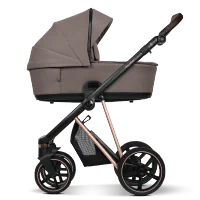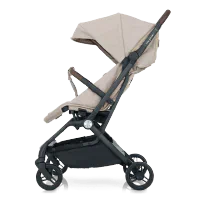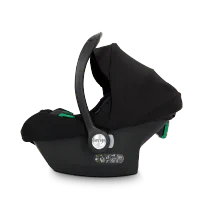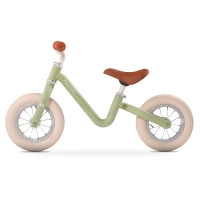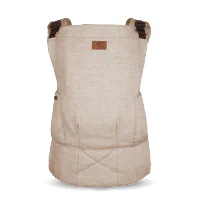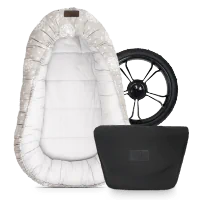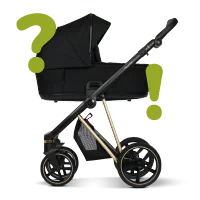
The postpartum period, also Puerperium called, describes the first six to eight weeks after childbirth, in which the body recovers from the strains of childbirth and adjusts to life with the newborn. Good preparation for this period can help make the transition smoother and cope better with the challenges. This guide explores various aspects that are intended to prepare you as an expectant mum for the postpartum period.
Physical recovery and healing
After childbirth, the body undergoes numerous changes in order to recover from pregnancy and delivery. Particularly important is the involution of the uterus, which takes about six weeks. Afterpains may occur, which are often experienced as cramp-like pains. Lochia, a wound discharge that can be very heavy in the first days after birth, is also part of the normal healing process. In the case of a After a caesarean section, caring for the scar is also important in order to prevent infections and support good healing.
Tips for supporting healing:
- Rest and avoid excessive physical exertion.
- Ensure a balanced diet, that is rich in nutrients to promote healing.
- Use special seat cushions, if the perineal suture or the caesarean section scar are painful.
- Pay attention to the Hygiene in the intimate area, to avoid infections.
Emotional changes and mental health
The time after giving birth is also emotionally challenging. Many women experience the so-called Baby blues, a phase of emotional instability, which is often triggered by hormonal changes. These feelings usually pass after a few days. However, in some cases it can also lead to a postpartum
depression may occur, which brings with it a deeper, more persistent low mood. It is important to take these signs seriously and to seek professional help if necessary.
Strategies for good emotional balance:
- Speak open with your partner or close friends about your feelings.
- Take daily small breaks for yourself.
- Don’t be shy, Accepting help, be it from family, friends, or a midwife.
- Pay attention to sufficient sleep, even though this can be a challenge with a newborn.
The role of the partner during the postpartum period
The postnatal period is also a time of adjustment for the partner. The support of the partner is crucial for the mother's well-being and the development of a strong bond with the child. Partners can help in many ways, whether through practical support around the house, emotional support, or taking on tasks related to the baby.
How the partner can provide support:
- Take on household tasks, so that the mother can recover.
- Be a attentive listener and provide emotional support.
- Take your time consciously, to build a bond with the baby, for example through changing nappies or cuddling.
- Find out together with the mother about topics such as breastfeeding and baby care, in order to be able to provide active support.
Organisation and preparation of the household
A Good preparation of the household before the birth can make the postpartum period considerably easier. Many couples choose to prepare meals in advance or stock up the pantry so that they can focus on what really matters after the birth. Setting up a cosy breastfeeding and relaxation area in the home can also help to make the first few weeks more relaxed.
Practical preparations:
- Cook some meals in advance and freeze them, so that you don’t have to worry about cooking during your postpartum period.
- Set up a a comfortable place to breastfeed, Ideally close to snacks, water, and anything else you need to feel comfortable.
- Ensure a good stockpiling of hygiene articles, Nappies and everything you need for the baby.
- Organise Support in the household by family or friends, if necessary.
Postnatal recovery and exercise
After the first weeks of the postpartum period, Begin gentle postnatal exercises to strengthen the pelvic floor and abdominal muscles. A midwife or a postnatal exercise class can provide valuable support in this regard. It is important to approach postnatal recovery gradually and not to overstrain the body.
Recommendations for postnatal recovery:- Start with gentle pelvic floor exercises under the guidance of a midwife.
- Increase the intensity of the exercises slowly and make sure not to feel any pain.
- Consult your doctor, before you start engaging in sporting activities, to ensure that your body is ready.
- Use Walks with the baby as a gentle introduction to movement.
Conclusion: A time of adjustment
The postpartum period is a time intensive adaptation and change. With the right preparation, you can enjoy this special phase and recover well. Listen to your body, accept help and give yourself the time you need to get used to your new life with the baby.

More articles


my junior® is a pram manufacturer from Aachen. We have made it our mission to be your To accompany happiness and your Making everyday life with a baby easier. The my junior® range now includes various pushchair and buggy models, all of which have been thoroughly tested and certified. In addition to our lucky companions, we offer numerous accessories for everyday life with a baby. Our prams are developed together with midwives, physiotherapists, and experienced mums and dads developed and produced in Europe with great love and expertise.

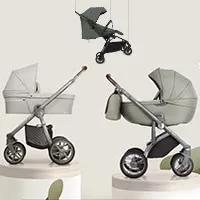 Pushchair
Pushchair 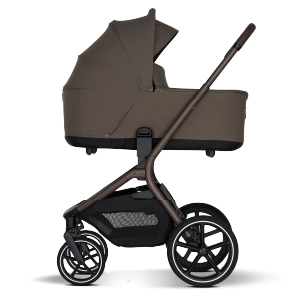 MAVI
MAVI 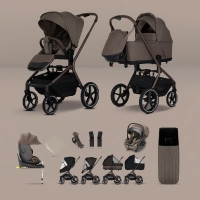 MAVI Bundle
MAVI Bundle 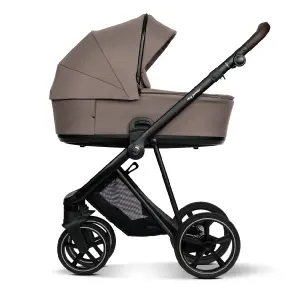 VIGO²
VIGO² 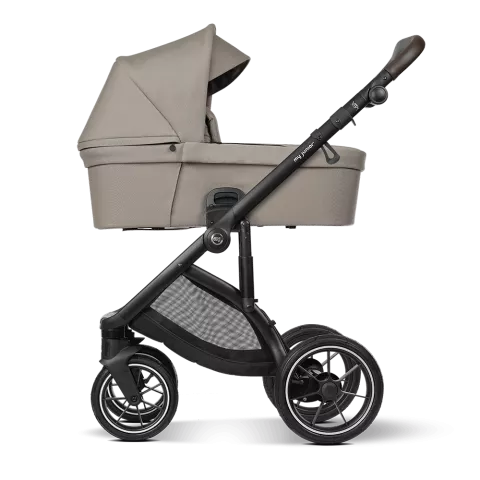 VITA unique³
VITA unique³ 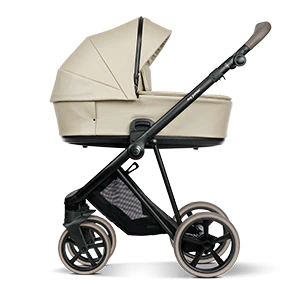 VIGO² Alcantara
VIGO² Alcantara 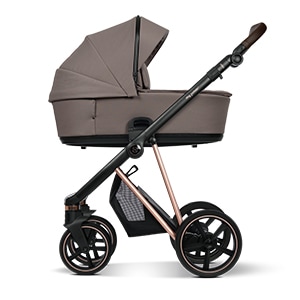 VIGO
VIGO 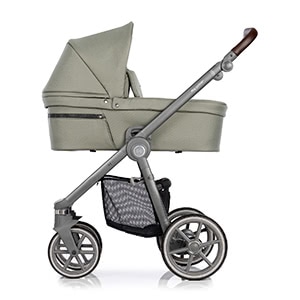 VITA HOPE
VITA HOPE 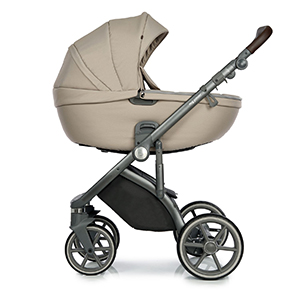 VITA unique²
VITA unique² 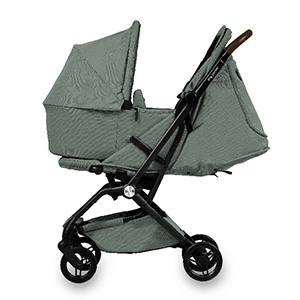 PICO³ with tub
PICO³ with tub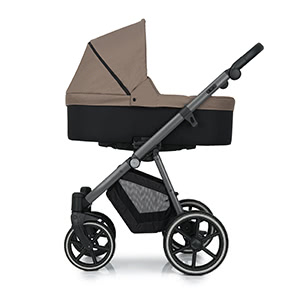 NOAX²
NOAX² 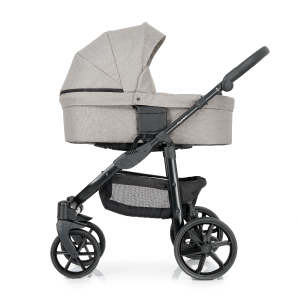 MIYO²
MIYO² 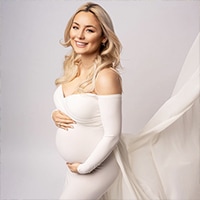 Pram tests
Pram tests  Consultation
Consultation  Buggies
Buggies 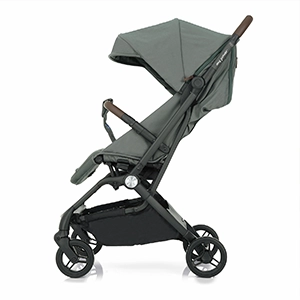 PICO³
PICO³ 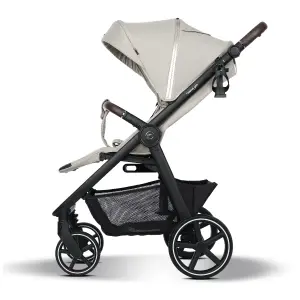 PLIA²
PLIA² 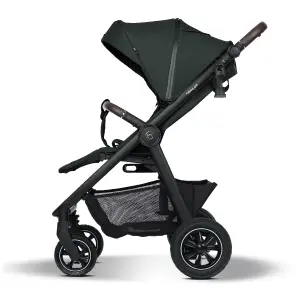 PLIA² Air
PLIA² Air 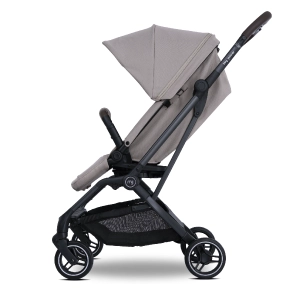 PICO³⁶⁰
PICO³⁶⁰ 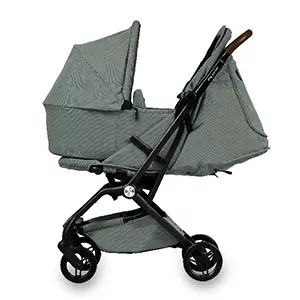 PICO³ with tub
PICO³ with tub 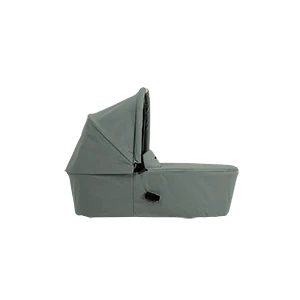 PICO tub
PICO tub 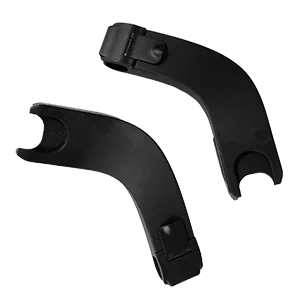 PICO infant car seat adapter
PICO infant car seat adapter  Limited Editions
Limited Editions 
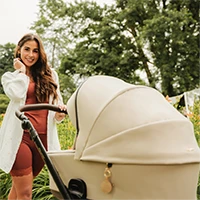
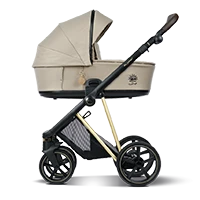
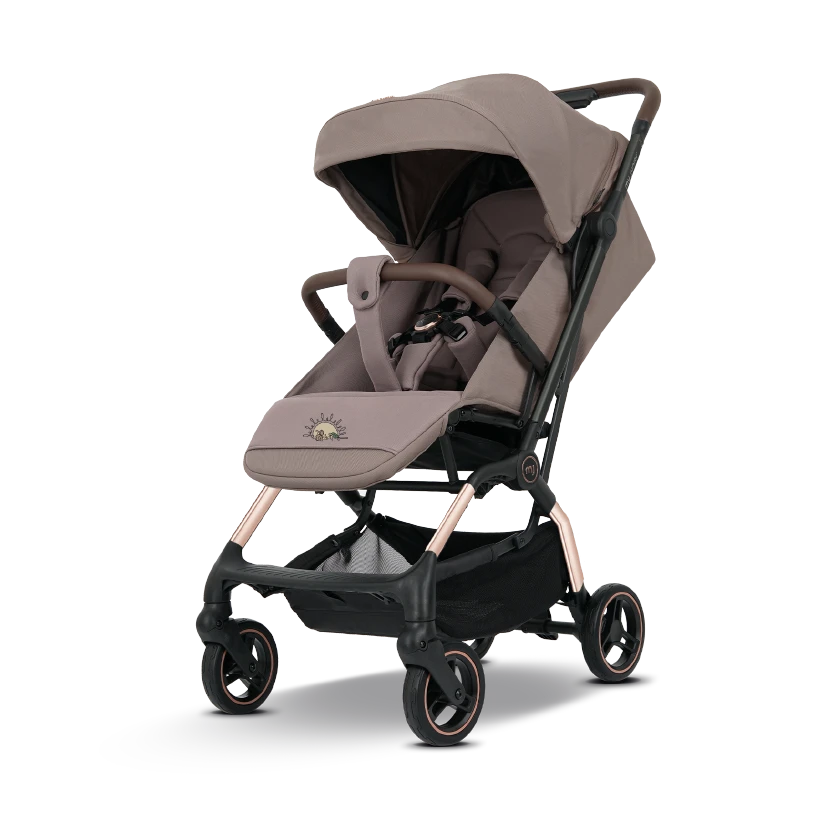
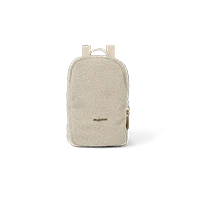
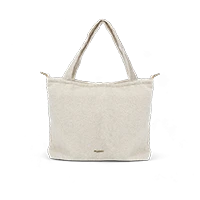
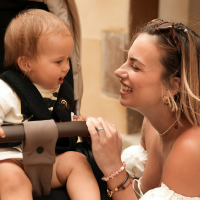
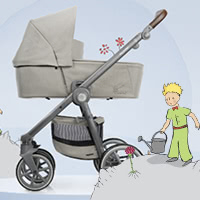
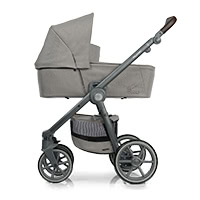
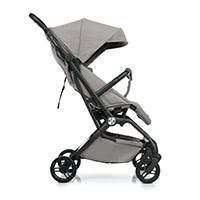
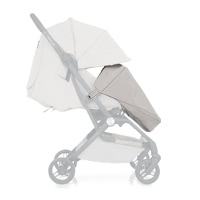
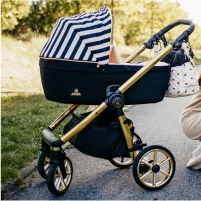
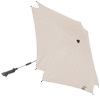 Limited Edition Parasol
Limited Edition Parasol 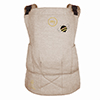 Limited Edition Baby Carrier
Limited Edition Baby Carrier 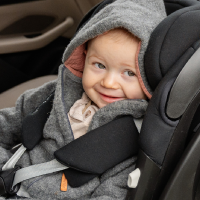 Child seats
Child seats  All Isofix Bases
All Isofix Bases 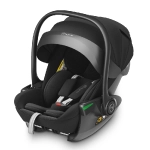 AURAᵉʳᵍᵒ
AURAᵉʳᵍᵒ 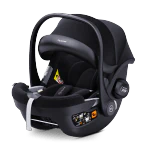 Aura Pro
Aura Pro 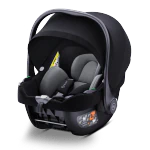 Beam
Beam 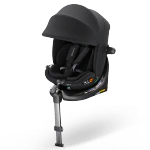 Cyro 360
Cyro 360 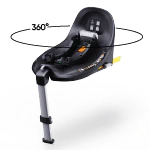 Base 360
Base 360 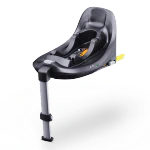 Base Static
Base Static 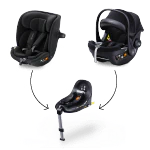 Capsule System
Bundle
Capsule System
Bundle 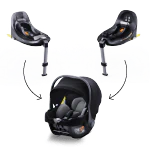 Beam Bundle
Beam Bundle 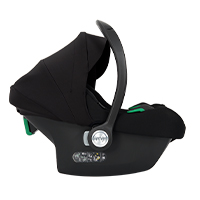 Avionaut Cosmo
Avionaut Cosmo 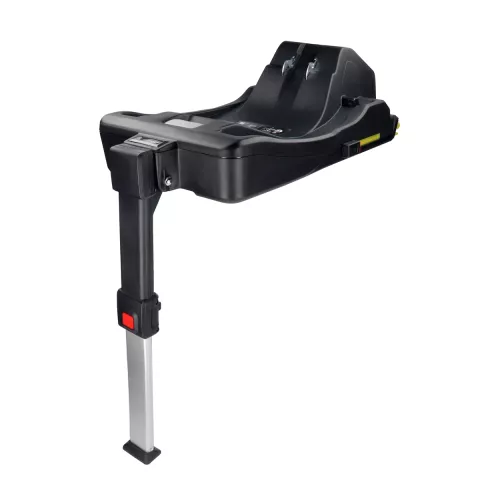
 Love Sale
Love Sale
 Reviews
Reviews  Read reviews
Read reviews  Write a review
Write a review 
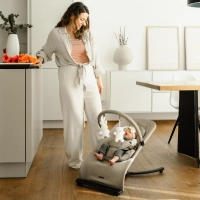 Home
Home  Fabric sample
Fabric sample  Baby carriers
Baby carriers  LUVA
LUVA  NAMI
NAMI 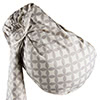 NAMI with ring
NAMI with ring  Accessories
Accessories  Vouchers
Vouchers  Discover my junior®
Discover my junior®  About us
About us  In your vicinity
In your vicinity  All my junior
All my junior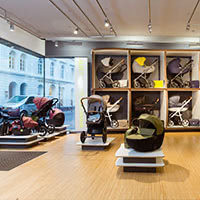 Flagship Store
Aachen
Flagship Store
Aachen 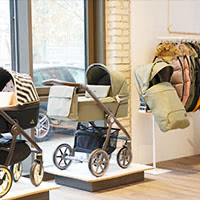 Flagship Store
Hamburg
Flagship Store
Hamburg 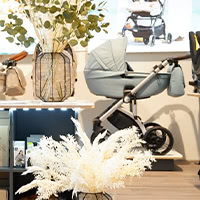 Flagship Store
Salzburg
Flagship Store
Salzburg  Flagship Store Binzen
Flagship Store Binzen
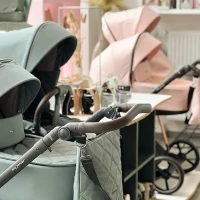 Flagship Store
Krefeld
Flagship Store
Krefeld 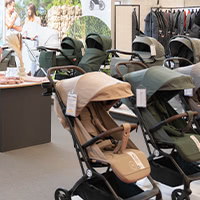 Studio Cologne
Studio Cologne 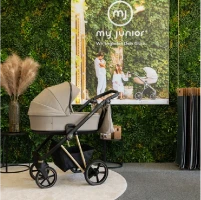 Studio Trier
Studio Trier  Studio Braunschweig
Studio Braunschweig
 Studio Metzingen
Studio Metzingen
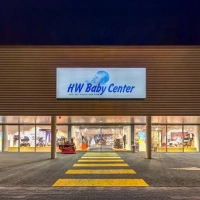 my junior® pram in
Switzerland
my junior® pram in
Switzerland 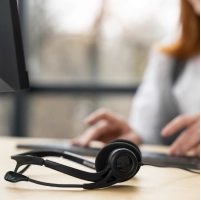 Help and Contact
Help and Contact  Useful
Useful 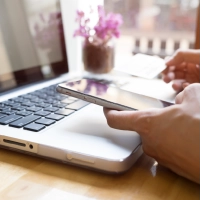 Career
Career  Press
Press 


